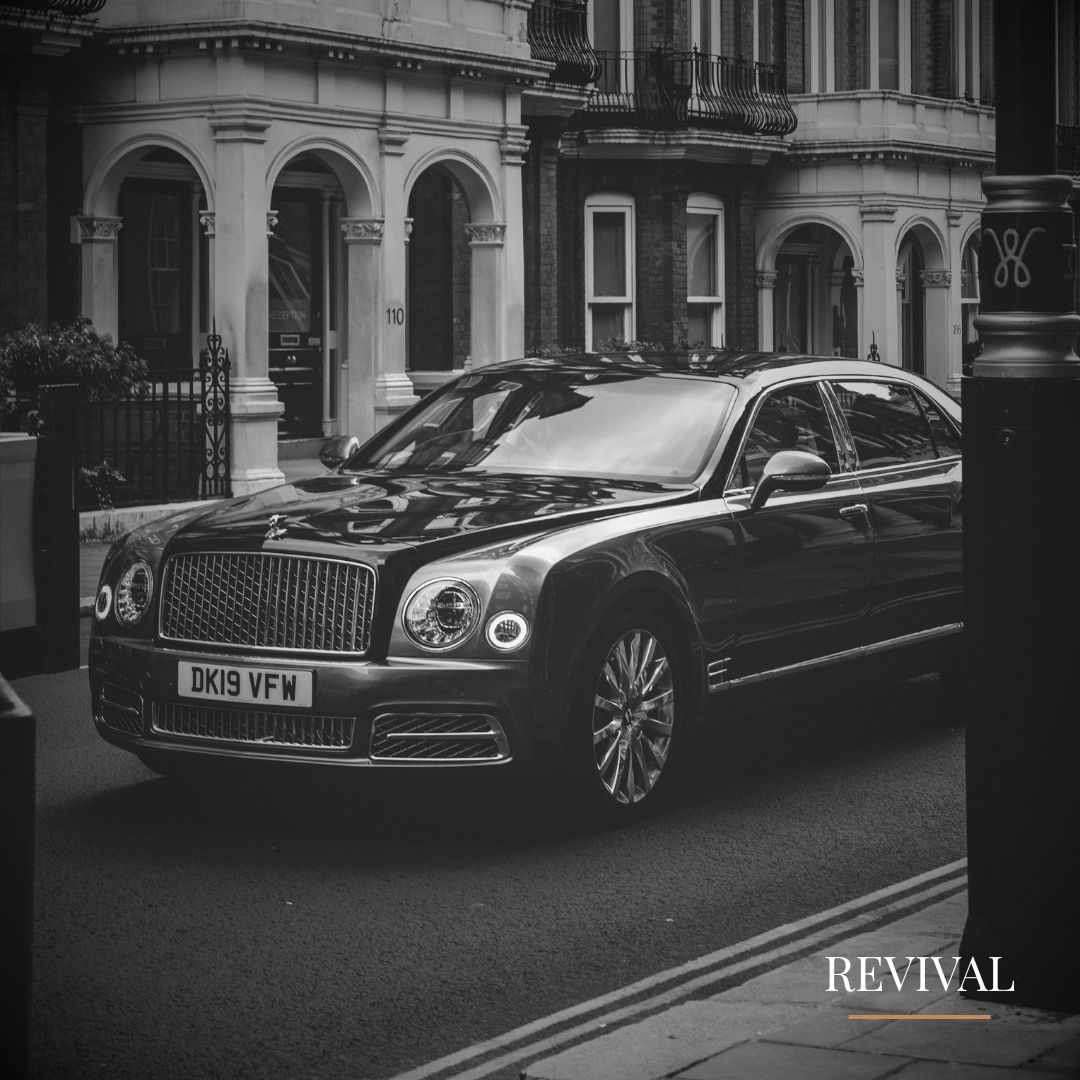London, a long-established beacon of global wealth and prestige, is undergoing a significant demographic shift. A noticeable exodus of millionaires is reshaping the city’s financial and social structures. This movement, driven by complex economic and political factors, demands strategic adaptation from luxury brands that have traditionally relied on London’s affluent market. Understanding these evolving dynamics is crucial for navigating the shifting landscape.
Key Drivers: Why London’s Wealthy Are Relocating
Several factors are contributing to this migration. Increased taxation, particularly the tightening of regulations concerning non-domiciled residents, is prompting a reassessment of London’s fiscal attractiveness. This is well-documented, with financial advisors noting a push for a more equitable tax system, leading high-net-worth individuals to explore alternative locations. As reported by the Evening Standard, “London millionaire exodus to Moscow” highlights this concern, revealing the impact on previously stable financial relationships.
Simultaneously, persistent economic uncertainties stemming from the post-Brexit landscape and the protracted recovery from the global financial crisis are fostering instability. The economic turbulence and fluctuating market conditions are prompting some to reconsider London as their primary base. Furthermore, the rise of American and Asian technology hubs is attracting entrepreneurial talent and associated wealth away from the UK, affecting London’s position as a premier innovation center. Fluctuations in currency value, particularly the depreciation of the pound, further diminish London’s appeal to international investors seeking stable returns.
Emerging Destinations: Where Millionaires Are Moving
The destinations favoured by departing individuals vary, reflecting diverse motivations. Paris, with its rich cultural heritage and potentially more favourable tax structures, is emerging as a competitive European alternative. Its investment in the luxury sector and strong cultural influence make it a significant rival. Dubai, offering a tax-free environment and a rapidly expanding luxury market, is attracting those seeking financial advantages and a distinct lifestyle. The appeal of a dynamic, modern city focused on high-end living is clear.
Strategic Adaptation: Implications for Luxury Brands
For luxury brands, these demographic shifts necessitate strategic realignment. Adapting to a changing clientele requires a deep understanding of evolving preferences and a willingness to modify marketing strategies and product offerings. Brands must be agile and responsive to consumer needs. The emergence of new wealth centres, such as Paris and Dubai, presents opportunities for market expansion and diversification. Brands should consider investing in these growing markets, tailoring products to local clientele.
Maintaining London’s Appeal: The Future of Luxury in the City
Crucially, maintaining London’s position as a global luxury hub requires addressing the factors contributing to the exodus, fostering an environment that attracts and retains high-net-worth individuals. This involves creating a stable economic environment and ensuring London remains culturally vibrant. The long-term implications of this demographic shift remain to be fully realised, but a proactive and adaptive approach is essential for luxury brands. London’s ability to retain its status as a leading global city depends on its response to these challenges.

